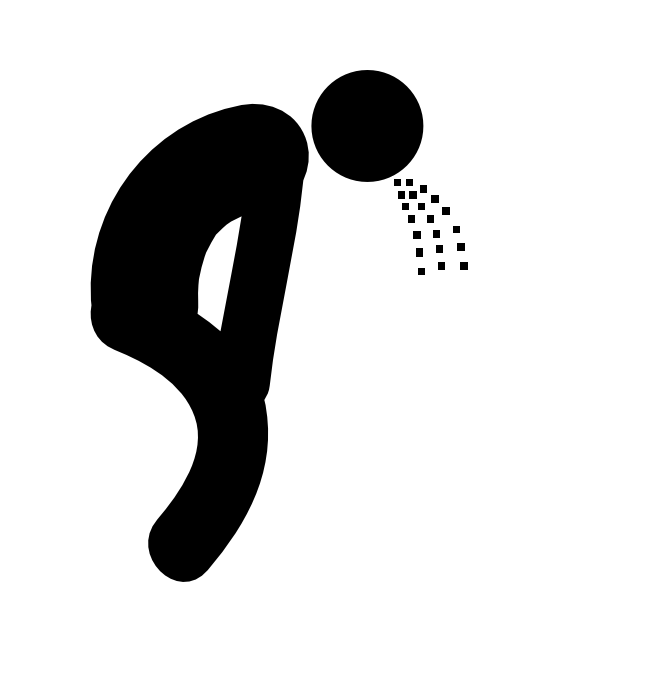DHHS → MeCDC → Disease Surveillance → Epidemiology → Diseases → Listeriosis
Listeriosis
About
Listeriosis is an infection caused by eating food contaminated with the bacteria Listeria monocytogenes. The bacteria can be found in a variety of raw foods (like uncooked meats and vegetables), in processed foods (like soft cheese and deli meat), or unpasteurized (raw) milk.
This infection primarily affects pregnant women, newborns, older adults, and those with weakened immune systems. If the infection occurs during pregnancy, the bacteria can be spread to the fetus through the placenta. Listeriosis is usually mild for pregnant women, but can cause severe disease in the fetus or baby. It's rare for people in other groups to get sick with a Listeria infection. Some people with Listeriosis develop infections of the bloodstream or brain and most cases require hospital care. A health care provider diagnoses listeriosis with a laboratory test on body tissue or fluids. Listeriosis is treated with antibiotics.
If you have symptoms associated with Listeriosis and may have eaten contaminated food, you should seek medical care and tell the doctor about your possible exposure. If you may have eaten contaminated food but do not feel sick, you do not need to test or to seek treatment.
Symptoms
Typical symptoms of Listeriosis in people who are pregnant:

Fever

Fatigue

Body Aches

Diarrhea

Vomiting
Typical symptoms of Listeriosis in people who are not pregnant:

Fever

Fatigue

Body Aches

Confusion

Loss of Balance

Seizure

Diarrhea

Vomiting
Prevention
Listeria can be hard to fully remove from food processing facilities. Listeria germs can be spread to food that touches contaminated equipment or surfaces. The bacteria are easily killed by heating food to a high enough temperature. The following foods are more likely to be contaminated with Listeria:
- Soft cheeses, such as queso fresco and brie. Soft cheeses are more likely to be contaminated with Listeria because of their high moisture, low salt content. These conditions support the growth of bacteria. Additionally, soft cheeses made with unpasteurized (raw) milk are even more likely to be contaminated.
- Meats, cheeses, and salads from the deli. Products that are sliced, prepared, and sold at the deli can be contaminated with Listeria. The bacteria can easily spread among deli equipment and surfaces. Refrigeration does not kill Listeria.
- Pâté or meat spreads. These types of foods can become contaminated when they are made in a facility that contains Listeria. A safer choice is "shelf-stable" pâté or meat spreads, which are heat-treated to kill any germs.
- Cold-smoked fish. Cold-smoked fish can become contaminated when it is made in a facility that contains Listeria. The cold-smoking process does not kill Listeria.
- Sprouts. Sprouts need warm and humid conditions to grow. These conditions are also ideal for the growth of Listeria and other germs. Bacteria can grow on the inside and outside of sprouts, so washing them does not remove all germs.
- Melons. Melons are more likely than other fruits to be contaminated with Listeria because they have low acidity.
- Unpasteurized (raw) milk and raw milk products. Pasteurization heats milk to a high enough temperature to kill bacteria. Raw milk and raw milk products (including ice cream and yogurt) can contain Listeria if they are not heated to a high temperature.

